Astrology and the zodiac are ancient systems used to understand human behavior, personality traits, and life patterns based on celestial movements. The concept of zodiac signs has fascinated civilizations for thousands of years, influencing culture, spirituality, and even science. Let’s explore the definition, historical origins, and cultural significance of the zodiac in detail.
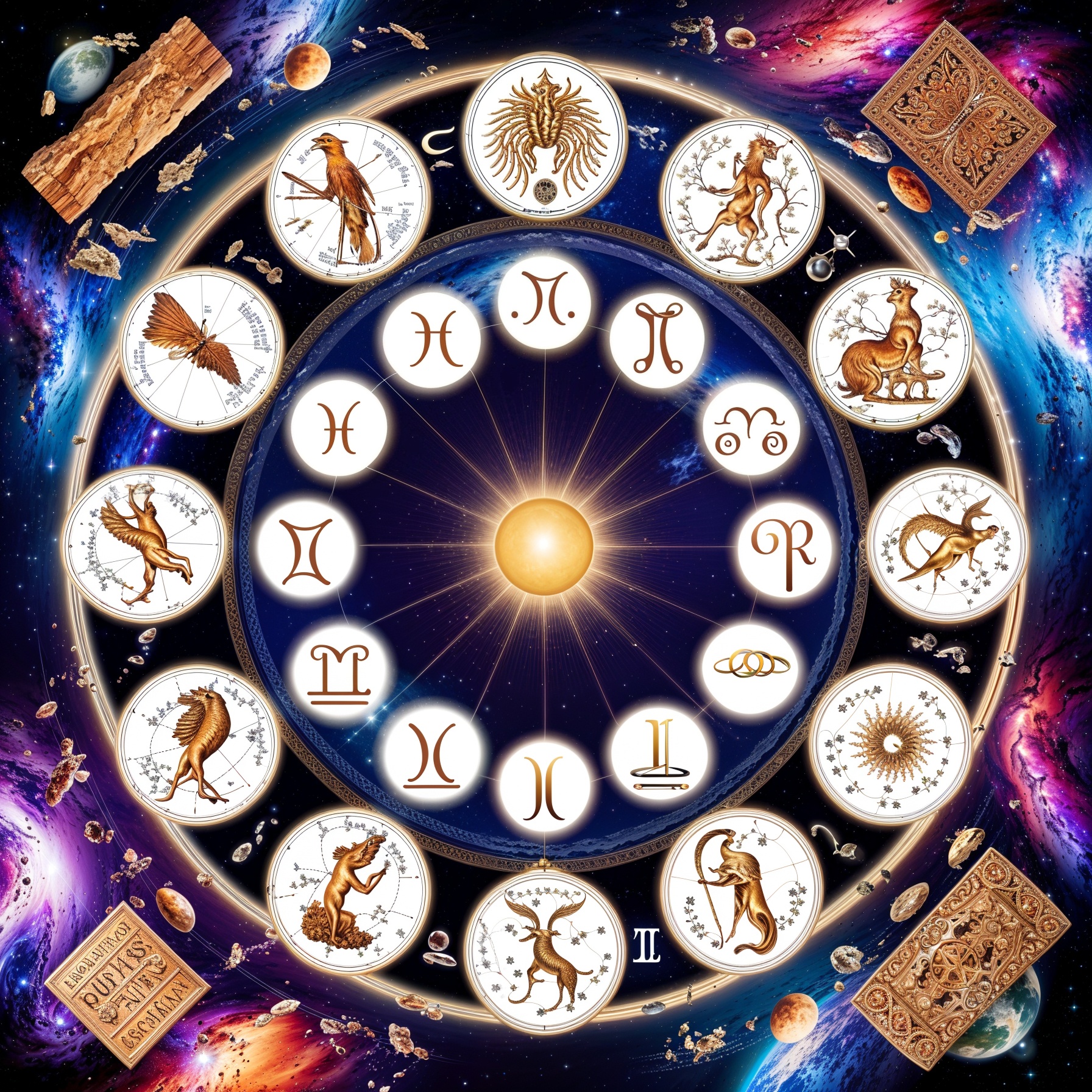
The zodiac is a belt-like region of the sky divided into 12 equal segments, each associated with a specific astrological sign. These segments correspond to the apparent path of the Sun, Moon, and planets as they move across the celestial sphere.
12 Zodiac Signs:
- Aries (March 21 – April 19)
- Taurus (April 20 – May 20)
- Gemini (May 21 – June 20)
- Cancer (June 21 – July 22)
- Leo (July 23 – August 22)
- Virgo (August 23 – September 22)
- Libra (September 23 – October 22)
- Scorpio (October 23 – November 21)
- Sagittarius (November 22 – December 21)
- Capricorn (December 22 – January 19)
- Aquarius (January 20 – February 18)
- Pisces (February 19 – March 20)
Each zodiac sign is associated with specific traits, behaviors, and symbolic meanings. Astrologers use the position of celestial bodies in relation to these signs to create horoscopes, which provide insights into an individual’s personality and future events.
Historical Background and Origins
Babylonian Beginnings
The Birthplace of Astrology : The zodiac’s origins trace back to ancient Babylon (around 2000 BCE). Babylonians divided the sky into 12 equal sections, each linked to constellations. This division allowed them to track the movements of celestial bodies and predict seasonal changes.
Planetary Influence : The Babylonians also associated the five visible planets (Mercury, Venus, Mars, Jupiter, Saturn) with specific deities, adding a spiritual dimension to their observations.
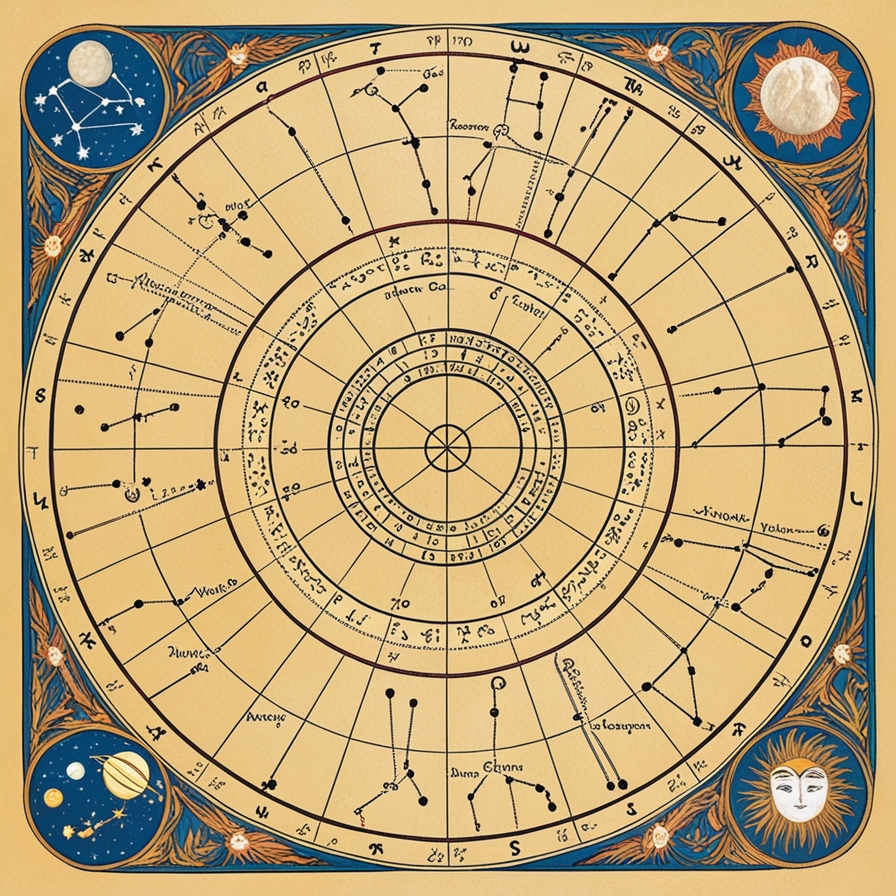
Ancient Egypt
The Egyptians adapted Babylonian astrology and merged it with their own celestial deities. They also aligned their pyramids and temples with key astronomical events, such as solstices and equinoxes. The Egyptian calendar relied heavily on zodiacal observations.
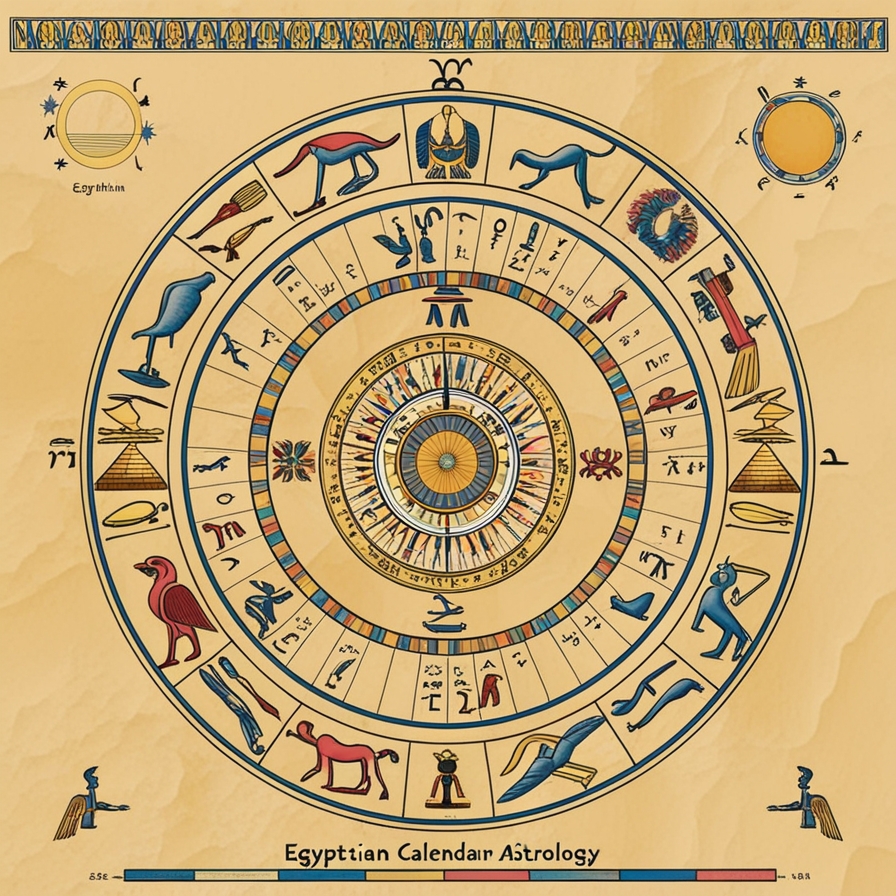
Greek Contributions
Zodiac Term Origin : The word “zodiac” comes from the Greek word zōdiakos kyklos, meaning “circle of animals.”The Greeks refined astrology between 500 BCE and 400 BCE, influenced by Babylonian practices. Philosophers like Ptolemy (author of Tetrabiblos) standardized the zodiac as we know it today, linking it with the geocentric model of the universe.
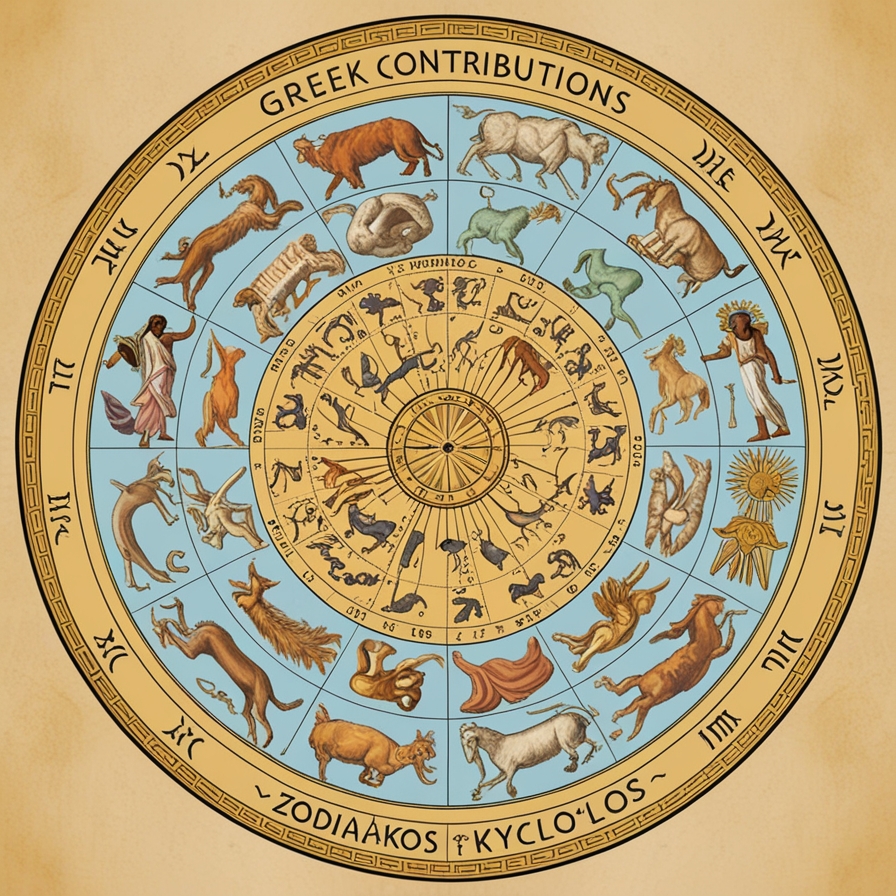
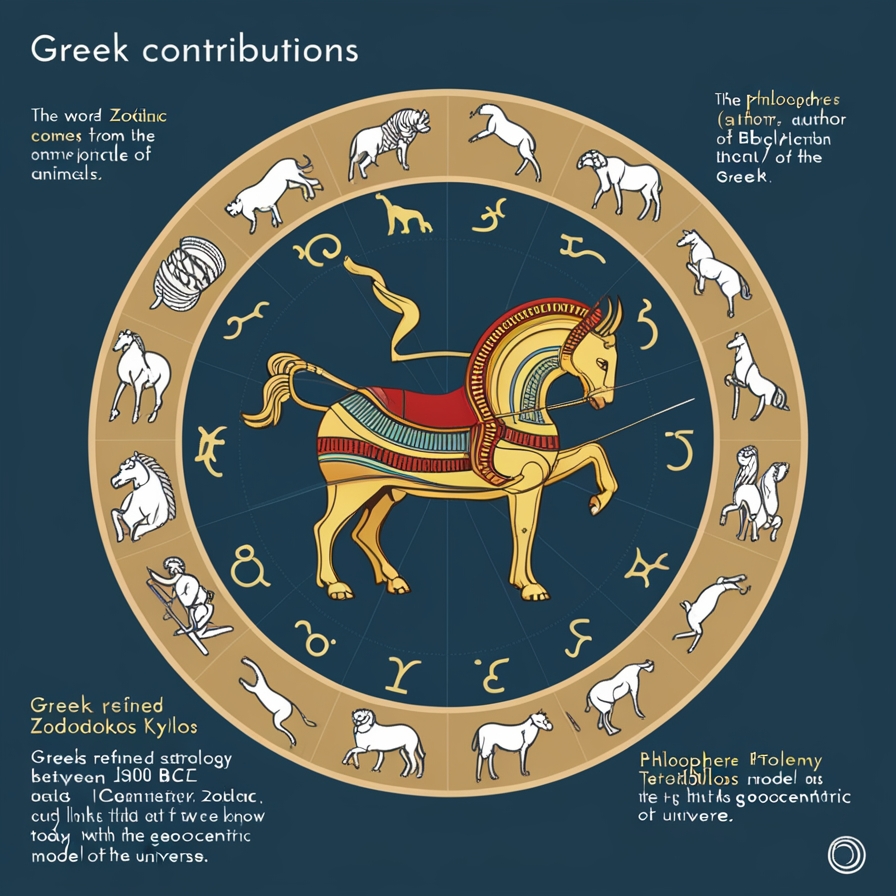
Roman Influence
The Romans embraced and expanded Greek astrology, integrating it into their culture. Roman gods replaced Greek deities in astrological symbolism, and astrology became widely practiced throughout the empire.
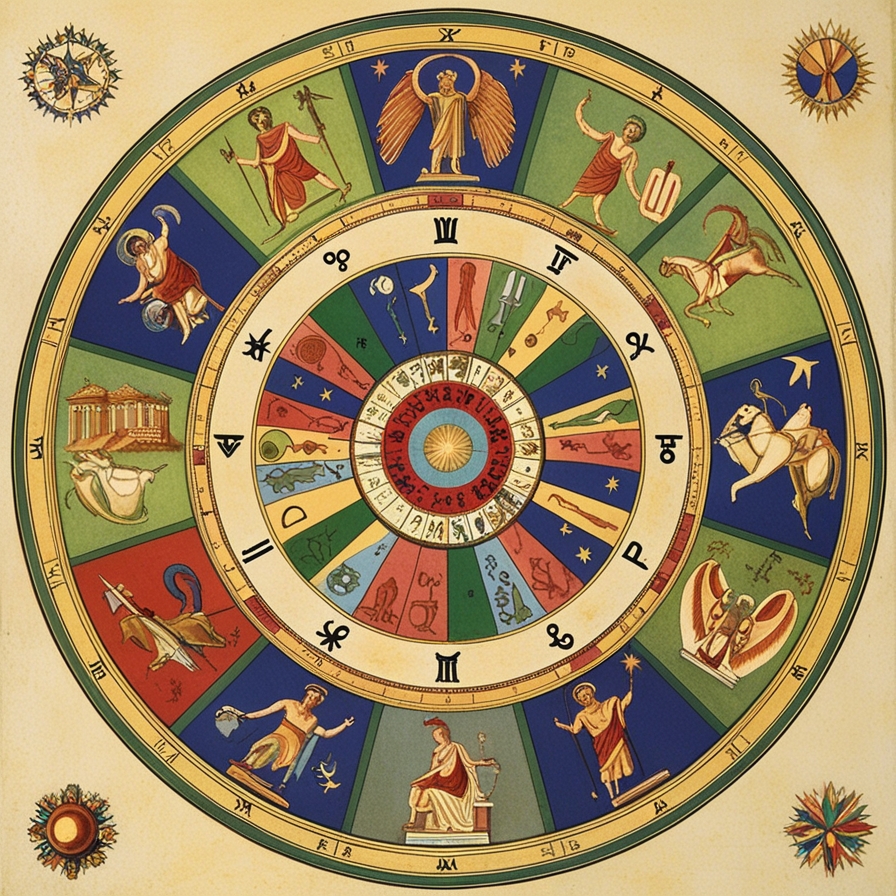
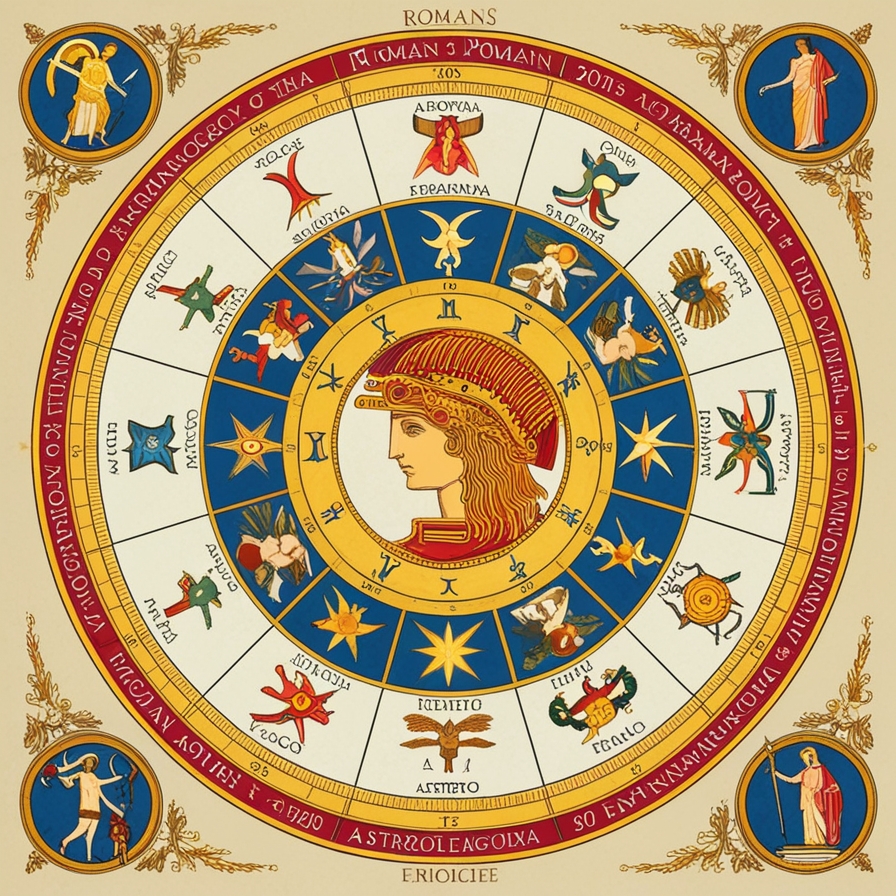
Indian (Vedic) Astrology
Around the same period, astrology also developed independently in ancient India, where it is known as Jyotisha. Vedic astrology relies on a sidereal zodiac system (based on fixed stars) rather than the tropical system used in Western astrology. Indian astrology emphasizes karma, destiny, and spiritual growth.
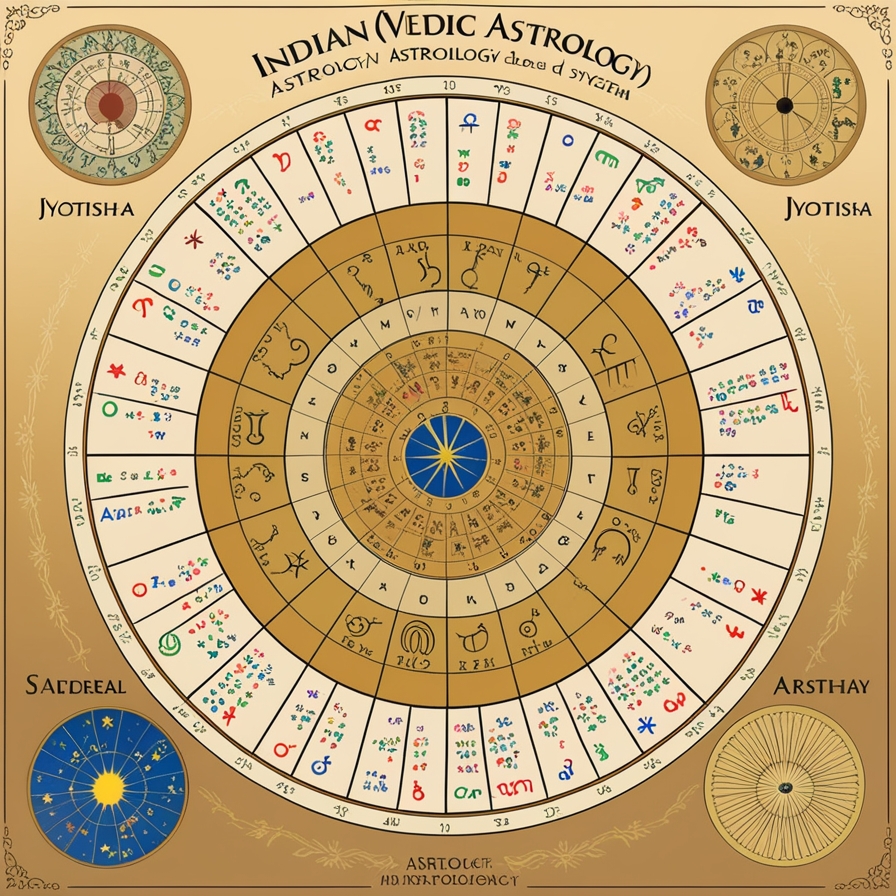
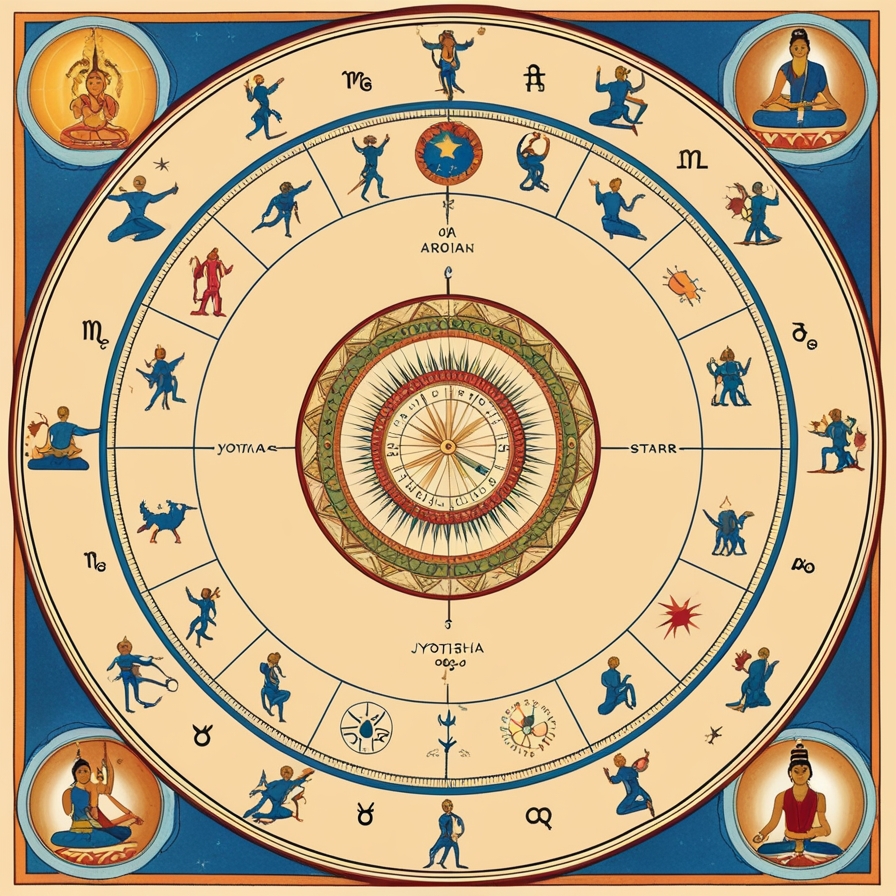
Chinese Astrology
Chinese astrology evolved separately from the Western zodiac. It is based on a 12-year lunar cycle, with each year associated with an animal sign (e.g., Rat, Ox, Tiger) and an elemental component (e.g., Wood, Fire, Earth, Metal, Water).
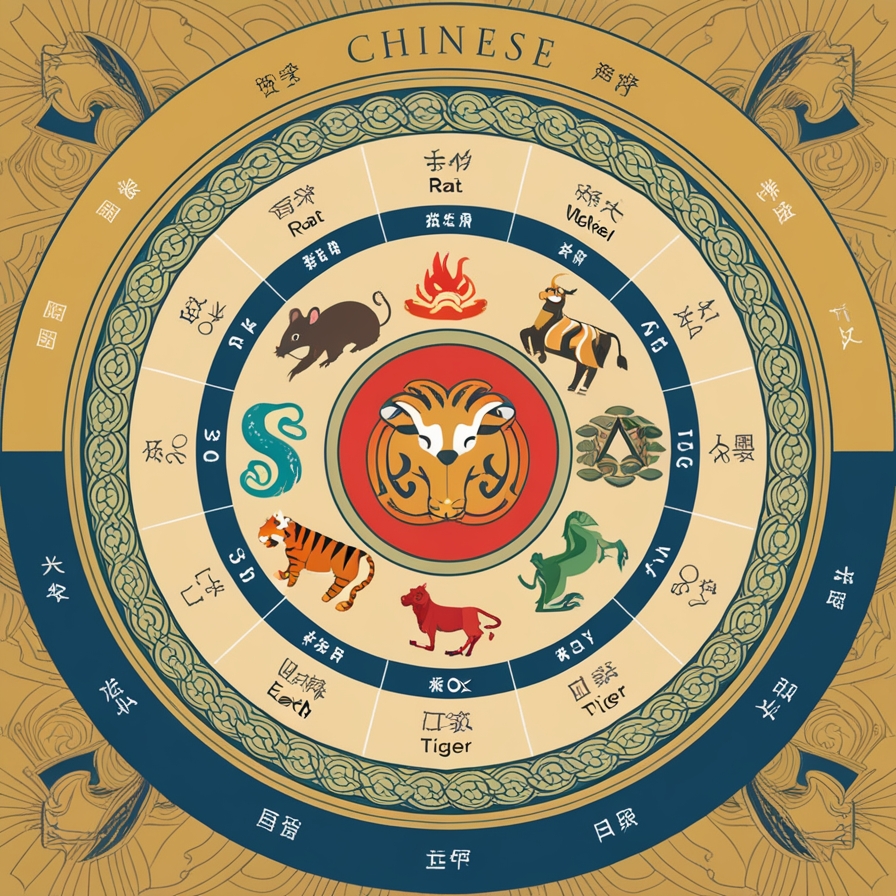
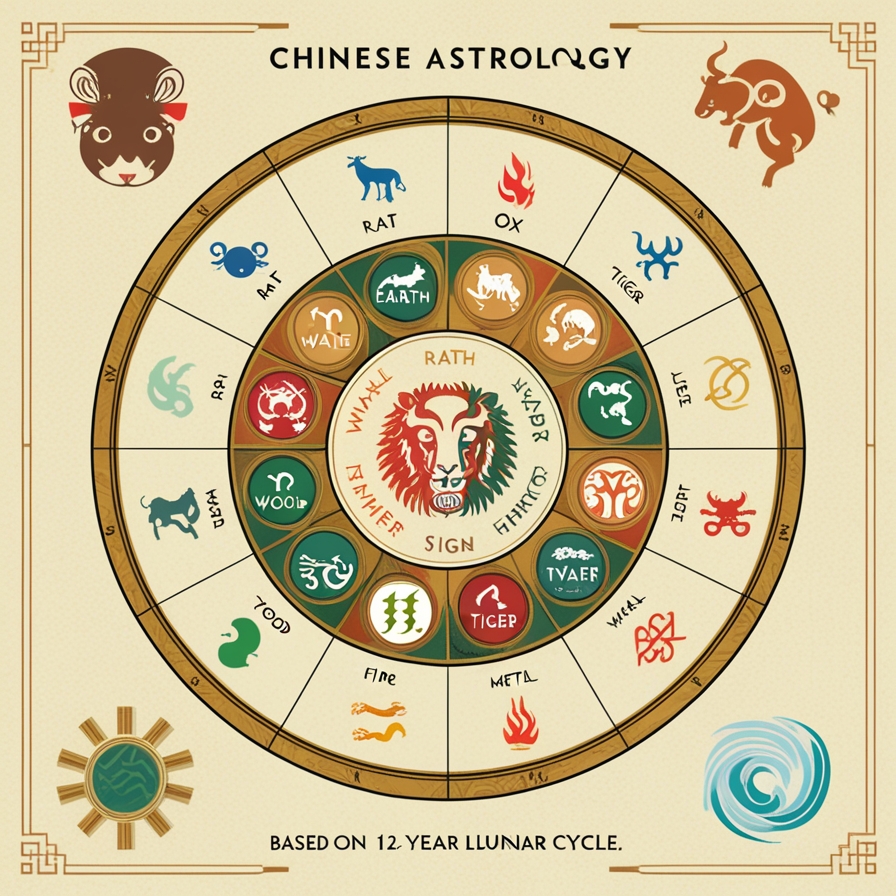
The Role of Astrology in Different Cultures
Astrology has played a vital role in shaping various aspects of human civilization, from governance and religion to daily life and self-awareness.
Mesopotamia and the Fertile Crescent
Astrology served as a tool for kings and priests to interpret divine messages and predict future events. The movements of celestial bodies were believed to influence the fate of individuals and nations.
Ancient Greece and Rome
In Greece, astrology was closely tied to philosophy and science. Plato and Aristotle explored the relationship between the cosmos and earthly events, lending astrology intellectual legitimacy.
Romans used astrology for decision-making in politics, warfare, and personal matters. Emperor Augustus even linked his reign to astrological omens.
India and South Asia
In Indian culture, astrology has been integral to daily life for centuries. Birth charts (kundlis) are used to determine auspicious dates for weddings, ceremonies, and other life events. Astrology is deeply intertwined with Hinduism, guiding spiritual practices and rituals.
China and East Asia
Chinese astrology focuses on personality traits, destiny, and compatibility. It is widely used in celebrations like Lunar New Year, where people consult horoscopes for predictions about the year ahead. The Chinese zodiac also influences naming conventions, architecture, and feng shui practices.
The Middle Ages in Europe
Astrology thrived during the Middle Ages, blending with alchemy, medicine, and astronomy. Astrologers served as advisors to monarchs and scholars. The Renaissance period saw a revival of astrology as an intellectual pursuit.
The Modern Era
In the 20th and 21st centuries, astrology experienced a resurgence in popular culture. It is now a global phenomenon, with horoscopes appearing in newspapers, magazines, and digital platforms. Modern astrology focuses on self-awareness, relationships, and personal growth.
Key Takeaways
Definition: Zodiac signs represent segments of the celestial sphere associated with specific personality traits and behaviors.
Origins: The zodiac has roots in ancient Babylon, with influences from Egyptian, Greek, Roman, and Indian civilizations.
Cultural Role: Astrology has shaped spiritual, cultural, and intellectual practices across the globe, from ancient rituals to modern horoscopes.
Astrology continues to captivate people worldwide, blending ancient wisdom with contemporary insights. Would you like to explore any specific zodiac system, such as Vedic or Chinese astrology, in more detail?